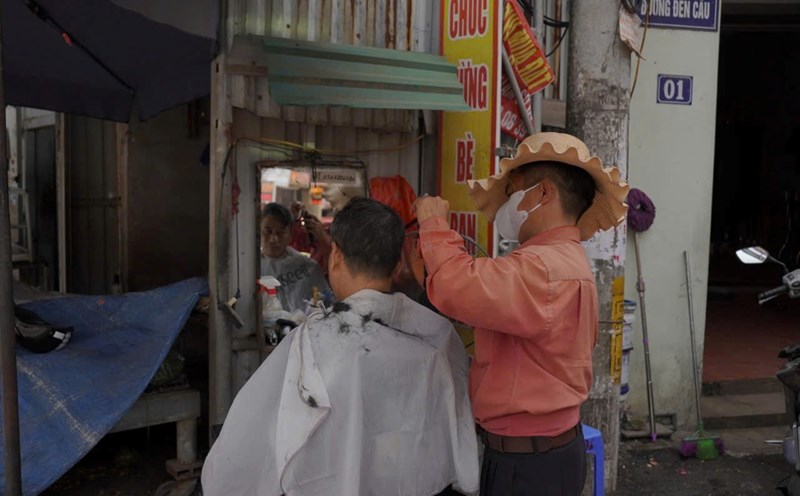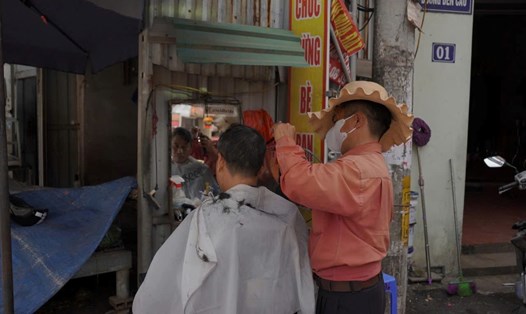According to the Hanoi Employment Service Center, to solve the challenges of the informal sector and the Gig economy (short-term contracts, freelance labor) in Hanoi, it is necessary to take a comprehensive approach to policies, both opening a social network and supporting the transition process in a fair manner.
Currently, in the capital, the legal foundation for these reforms is gradually taking shape.
Expanding unemployment insurance coverage in the spirit of the 2025 Labor Law
The Hanoi Employment Service Center said that one of the biggest bottlenecks in social security for informal and economic jobs Gig is about to be resolved by the 2025 Labor Law (effective from January 1, 2026).
This law demonstrates the State's great efforts in modernizing policies, with breakthrough changes. Typically, lower the threshold for participating in compulsory unemployment insurance (reducing the condition on the labor contract term to participate in compulsory unemployment insurance from 3 months to 1 month or more); expand the definition of "employee", including those who do not work full-time, business managers, especially those who work under civil agreements but have the nature of labor relations).

These facilities are expected to bring labor goods in vulnerable areas, including Gig labor or shared economic zones to areas protected by the "grid" of unemployment insurance. In that context, Hanoi must prepare conditions on databases, administrative procedures and resources to effectively implement this regulation as soon as the law takes effect.
Strengthening social security for disadvantaged workers through special policies of the Capital Law 2024
In addition to expanding the coverage of forced marriage, the Capital Law 2024 (effective from January 1, 2025) also creates a special support mechanism to increase social security for the most vulnerable groups. Specifically, the law allows Hanoi to use the budget to support the voluntary social insurance (SI) contribution rate at a very high level - supporting 100% for the poor and 60% for the poor.
This policy helps workers with the lowest and most vulnerable incomes have the opportunity to receive pension benefits, thereby indirectly reducing the burden on society in the long term. However, if support policies for the informal sector become too attractive, this policy can unintentionally create a "welfare trap", reducing the incentives for both workers and businesses to participate in the formal labor process. Therefore, it is necessary to design a harmonious policy, both supporting vulnerable groups and not weakening efforts to legalize the labor market.
Developing fair transformation programs for affected workers
To resolve the conflict between urban development policies and labor security, Hanoi City needs to proactively develop and implement "fair transformation programs". Accordingly, in parallel with the development of a roadmap for applying measures such as collecting tolls to prevent congestion, there should be accompanying support policies, specifically designed for groups of people directly affected.
These programs may include: Targeted financial support by supporting part of the cost of helping workers switch to environmentally friendly vehicles, in line with the City's green transport development orientation; vocational training and conversion programs through providing free or low-cost training courses to help industrial drivers at risk of unemployment switch to other industries with high demand in the market.
This approach ensures that the urban greening process leaves no one behind, demonstrates the social responsibility of the government and ensures harmonious and sustainable development.












